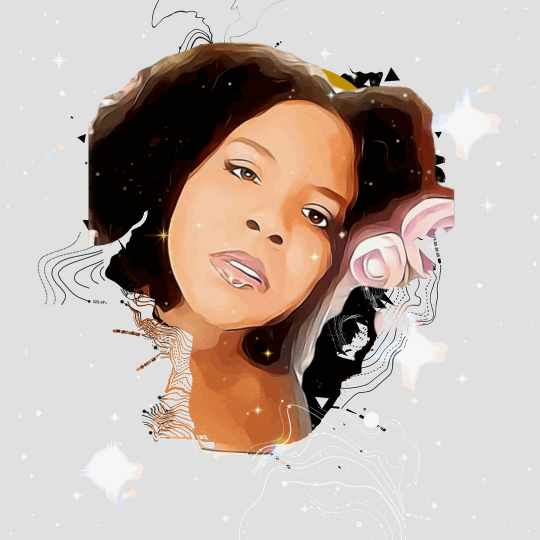There Is No Right Way to Grieve
- RaeAnneLloyd

- Dec 5, 2021
- 3 min read
Updated: Mar 22, 2022
By RMLloyd
Sunday 05th December 2021

With all the loss and distress I have been seeing around me lately I felt it important to write a little something about grieving. If only it keeps you a little distracted please keep your mind at ease while I discuss these feelings of loss and loneliness. Hopefully, you will find that through grieving in whichever manner or order you chose that you will learn how much of a loving support system you have available to you if you just reach out to them.
According to Wikipedia, Elisabeth Kübler-Ross (July 8, 1926 – August 24, 2004) was a Swiss-American psychiatrist, a pioneer in near-death studies, and author of the internationally best-selling book, On Death and Dying (1969), where she first discussed her theory of the five stages of grief, also known as the "Kübler-Ross model".[1]
Kübler-Ross originally developed stages to describe the process patients with terminal illness go through as they come to terms with their own deaths; it was later applied to grieving friends and family as well, who seemed to undergo a similar process.[2] The stages, popularly known by the acronym DABDA, include:[3]
ꬾ Denial – The first reaction is denial. In this stage, individuals believe the diagnosis is somehow mistaken, and cling to a false, preferable reality.
ꬾ Anger – When the individual recognizes that denial cannot continue, they become frustrated, especially at proximate individuals. Certain psychological responses of a person undergoing this phase would be: "Why me? It's not fair!"; "How can this happen to me?"; "Who is to blame?"; "Why would this happen?".
ꬾ Bargaining – The third stage involves the hope that the individual can avoid a cause of grief. Usually, the negotiation for an extended life is made in exchange for a reformed lifestyle. People facing less serious trauma can bargain or seek compromise. Examples include the terminally ill person who "negotiates with God" to attend a daughter's wedding, an attempt to bargain for more time to live in exchange for a reformed lifestyle or a phrase such as "If I could trade their life for mine".
ꬾ Depression – "I'm so sad, why bother with anything?"; "I'm going to die soon, so what's the point?"; "I miss my loved one; why go on?"
During the fourth stage, the individual despairs at the recognition of their mortality. In this state, the individual may become silent, refuse visitors and spend much of the time mournful and sullen.
ꬾ Acceptance – "It's going to be okay."; "I can't fight it; I may as well prepare for it."
In this last stage, individuals embrace mortality or inevitable future, or that of a loved one, or other tragic event. People dying may precede the survivors in this state, which typically comes with a calm, retrospective view for the individual, and a stable condition of emotions.
To me, one of the most important criticisms is that the stages are now used as a prescription. I too have been guilty of this. Someone is hurting and you begin knocking off the stages to them trying to get them to figure out where they are as if this will cure them of all their sadness and feelings of loss. The stages were originally meant to be descriptive but now some caregivers deal with clients who were distressed by trying to align their stages in "the right order" or failed to experience one or more of the stages of grief. This understanding of the grieving process is now seen as 40 years outdated in the science of bereavement.[4]
While I wouldn’t go so far as to say we are all capable of dealing with grief without the assistance of a mental health expert the critique of the 5 stages model is still relevant. The deepening of interpersonal connections as we deal with out grief is what will carry us on to the next stages of our life and growth. Our loss could never be the exact same as someone who is dying from a terminal illness, but this does not mean that our own sense of loss should feel diminished or neglected because of that.
I hope you have a wonderful and blessed day.
References:
[1]Broom, Sarah M. (Aug 30, 2004). "Milestones". TIME.
[2]Feldman DB (7 July 2017). "Why the Five Stages of Grief Are Wrong". Psychology Today.
[3]Santrock JW (2007). A Topical Approach to Life-Span Development. New York: McGraw-Hill. ISBN 978-0-07-338264-7.
[4]Bonanno G (2009). The Other Side of Sadness: What the New Science of Bereavement Tells Us about Life After Loss. Basic Books. ISBN 978-0-465-01360-9.







link link link link link link link link link link link link link link link link link link link link link link link link link link link link link link link link link link link link link link link link link link link link link link link link link link link link link link link link link link link link link link link link link link link link link link link link link link link link link link link link link link link link link link link link link link link link link link link link link link link link link link link link link link link link link link link link link link